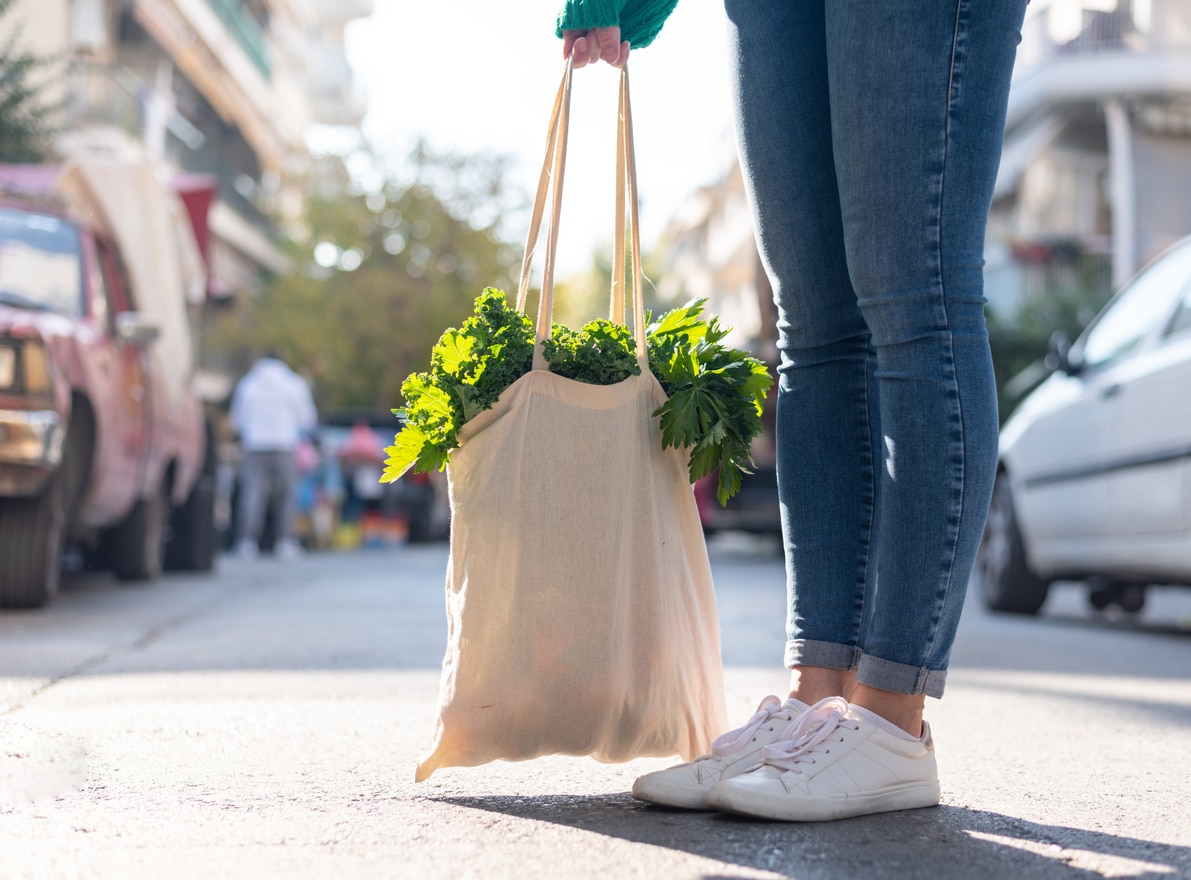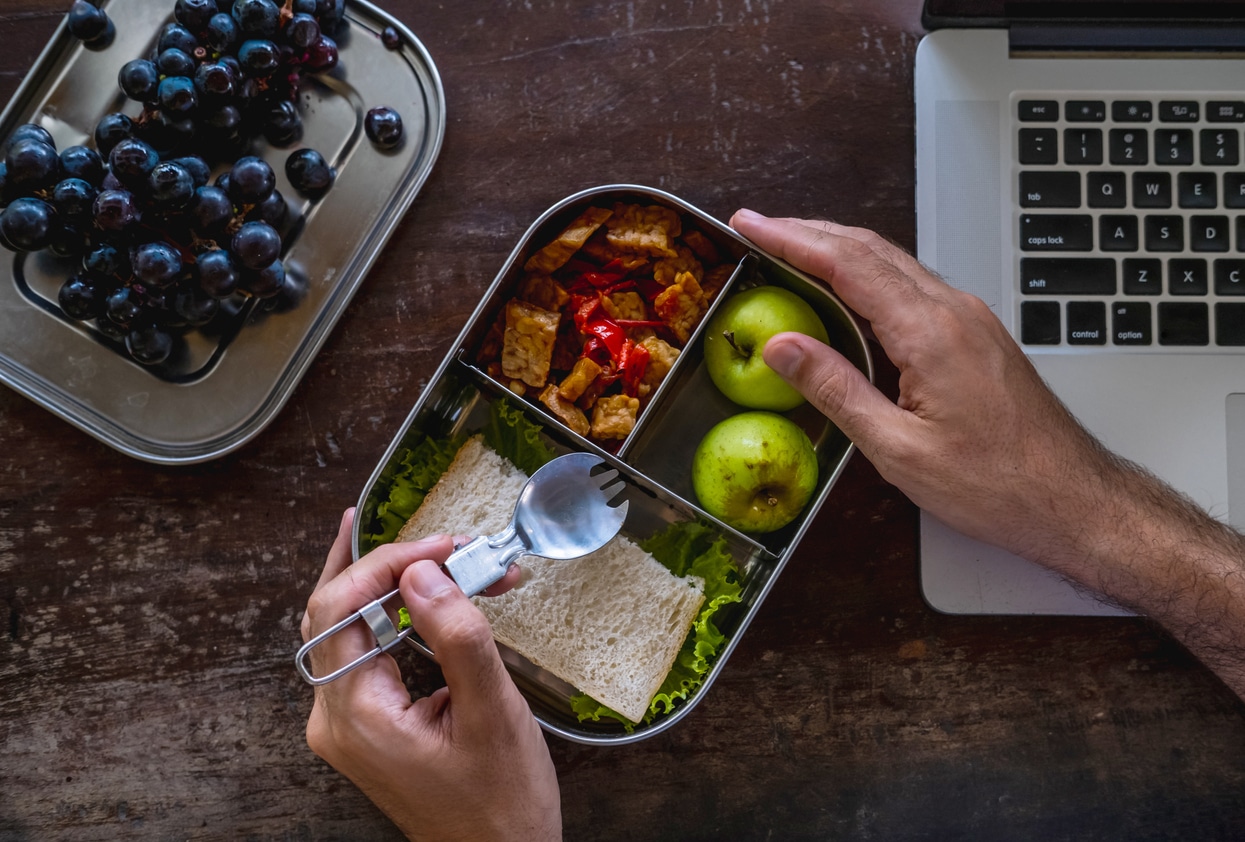
Why It’s Important to Buy Local

As top scientists warn humans are running out of time to stop the worst ravages of climate change, more people want to do their part to prevent catastrophe. Recycling is only part of the battle — avoiding significant damage will require additional changes in how people live.
Nearly everyone buys groceries and household necessities, but the choices you make at the store each day impact your carbon footprint. It also matters where you buy your holiday gift and big-ticket items like home furnishings. Here’s why it’s important to buy local.
1. Helps Improve Soil Health
When you go to the grocery store, you don’t have any meaningful way of asking what pesticides farmers sprayed on various produce items or how they kept insects from eating their crops. Compare this to a trip to your local farmers’ market — you can get up close and personal with the very individuals responsible for growing your food in many cases. They possess insider knowledge of production methods, even if they weren’t the ones in the fields.
Buying from local growers who utilize organic farming methods matters. Techniques like using natural fertilizer sources and increasing organic matter help preserve soil for future use. This keeps your zucchini and peppers full of the phytonutrients and antioxidants playing a crucial role in maintaining your family’s health.
Scientists can already see the ravages of soil depletion on various nutrients. As a result, crops are growing less and two-thirds of the world is in danger of nutrient deficiency. Lacking proper nutrition can spur disease — for example, insufficient vitamin C causes scurvy. Furthermore, malnutrition makes it more challenging for your immune system to fight infections and scientists warn climate change could lead to another pandemic in the future.
2. Reduces Total Emissions
Maybe it sounds glamorous to say you ordered your favorite silk dressing gown directly from China. However, think about the journey it took to get to your boudoir. Planes, trains and trucks probably all played a role in delivery, spewing emissions into the air across every mile.
However, your goods have far less distance to travel when you buy local, reducing overall emissions. Purchasing a similar ensemble from a local seamstress could result in a product just as high in quality while minimizing your carbon footprint.
You can even use the local and organic angle to score bargains on food, if your farmers’ market only operates one or two days per week. Many vendors sell goods at a discount instead of at the next opening, so go at the end of the day and try your luck.
3. Strengthens Communities
Profitable businesses and thriving downtown areas make for healthier communities. When more amenities exist, people feel safe socializing with their neighbors. It also inspires them to give back.
More money circulating through an area allows more people to reap its benefits and give back further, creating a positive feedback loop. For example, the local rotary club might use increased membership fees to spearhead a community garden project. Locals can invest in a plot for a reasonable annual price. Such amenities encourage knowledge sharing and help residents provide safe, organic produce at a nominal cost while getting fresh air and exercise.
4. Supports Local Businesses
Supporting local businesses does more than help your neighbors who own them. While it provides them with necessary revenue, it also creates employment opportunities for others who might not have access to reliable transportation to commute to the city daily.
When local businesses thrive, it generates additional tax revenue. Municipalities can use these funds to revitalize aging districts and invest in green initiatives like improved public transportation systems. It’s incredible how far your decisions on how to spend your dollars can go.
5. Encourages a Circular Economy
Much of the world lives in a consumerist society, but they must segue into a circular model if they hope to protect the planet. In such a system, people create products that maintain their value for as long as possible. When they finally expire, others use the waste to create new things.
For example, organic waste produces tremendous amounts of methane when left to decay in landfills because the conditions aren’t suitable to break it down into fresh, organic soil. Composting your scraps produces a rich fertilizer for your garden while creating few emissions.
Start Shopping for Your Goods Locally
How you spend your dollars significantly impacts the planet, so consider these five reasons why it’s important to buy local. Then, the next time you shop, choose wisely and benefit your friends and neighbors while helping the environment.
Author bio: Jane works as an environmental and energy writer. She is also the editor-in-chief of Environment.co. To read more posts from Jane, sign up for BioFriendly Planet’s newsletter!



Post a comment